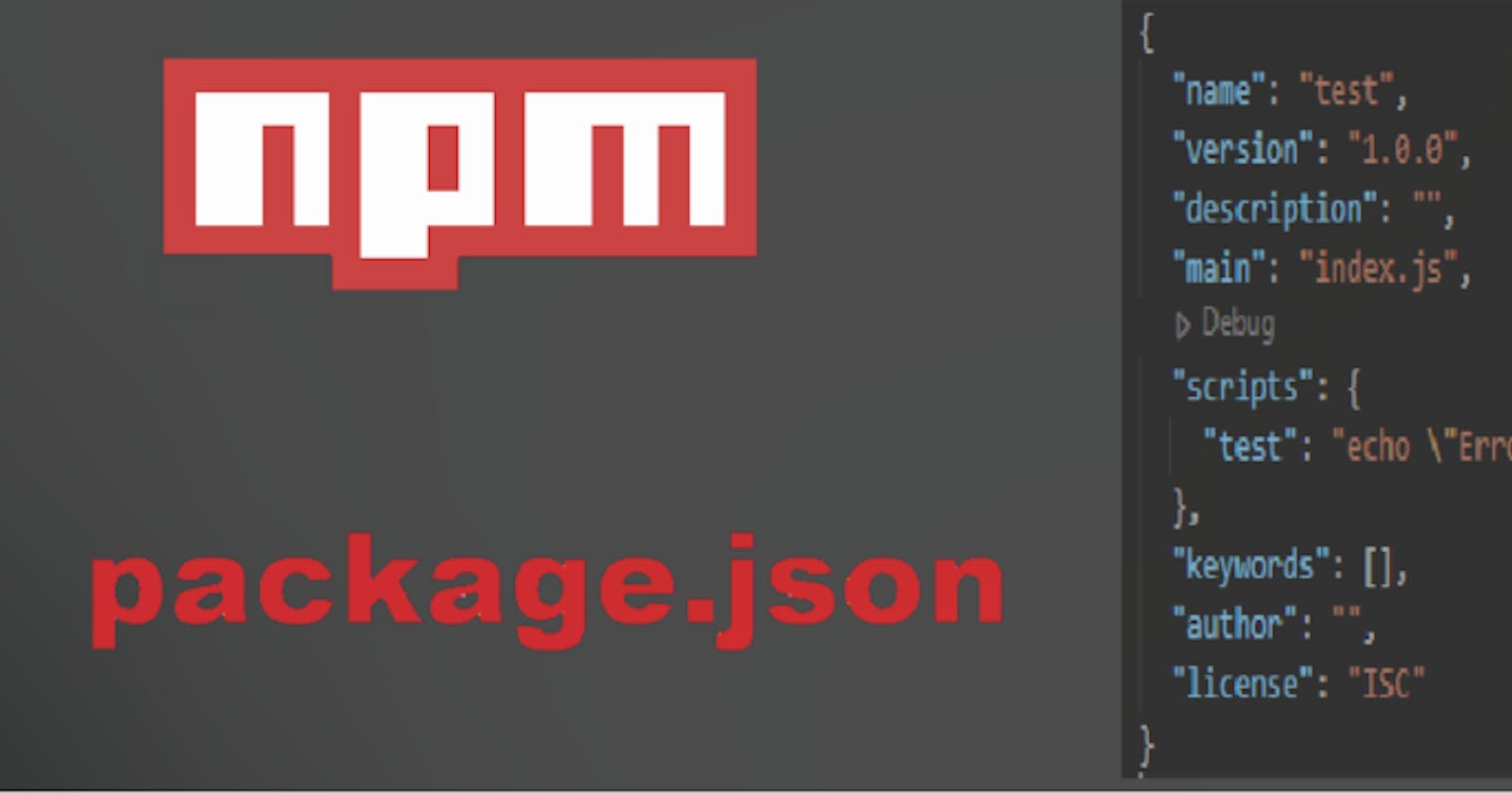In the world of Node.js and JavaScript development, managing dependencies is a crucial part of creating robust and reliable applications. Two files, package.json and package-lock.json, play pivotal roles in ensuring a smooth development process. In this article, we'll dive deep into these files, understanding their purposes and how they contribute to the success of your Node.js projects.
Package.json: Your Project's Manifest
What is package.json?
At its core, package.json is a JSON (JavaScript Object Notation) file that serves as a manifest for your Node.js project. This file contains metadata about your project, offering essential details such as its name, version, description, author, and license information.
Dependency Management
One of the most critical roles of package.json is dependency management. Within this file, you list your project's dependencies and their versions. These dependencies are typically categorized into "dependencies" (essential for the application to run) and "devDependencies" (used for development and testing but not required for the production runtime).
Maintenance
Developers manually manage the package.json file, adding or updating dependencies as needed. Additionally, it serves as a configuration file for various development tools and scripts, such as build tools, test runners, and linters. Its human-readable format makes it easy to understand and modify as your project evolves.
Package-lock.json: Ensuring Dependency Consistency
The Role of package-lock.json
package-lock.json, on the other hand, serves a different but equally important purpose. It is an automatically generated file created and updated by npm (Node Package Manager) or Yarn when dependencies are installed or updated.
Dependency Locking
package-lock.json contains detailed information about the exact versions of every dependency and sub-dependency used in your project. This includes the package names, versions, and specific locations from which the packages were downloaded. It essentially locks your project's dependency tree in place, ensuring that everyone working on the project uses the same dependency versions.
Preventing Version Drift
One of the key benefits of package-lock.json is that it helps prevent version conflicts and ensures consistency across different development and deployment environments. This consistency is crucial for avoiding unexpected issues related to differing dependency versions.
Conclusion
In the world of Node.js development, package.json and package-lock.json are indispensable tools. package.json serves as a project manifest and dependency management file, while package-lock.json ensures dependency consistency by locking in specific versions.
As a developer, understanding the roles of these files and how they interact is vital for creating robust and predictable projects. Embrace them as essential components of your Node.js development toolkit, and you'll be better equipped to manage dependencies and build successful applications.

